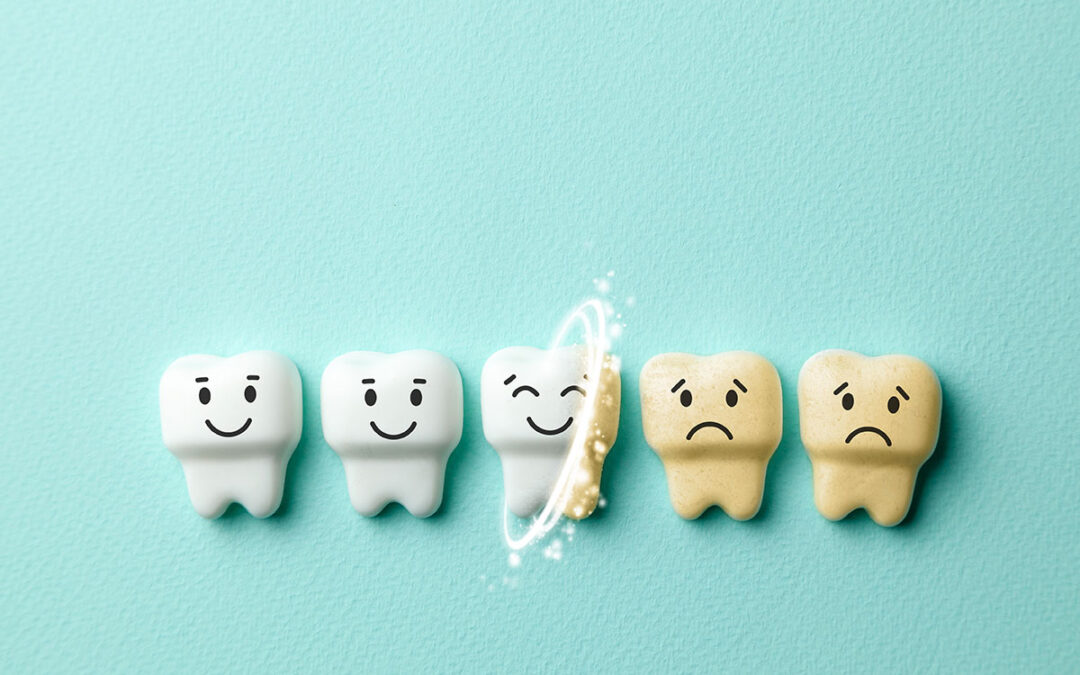آخرین مطالب
امکانات وب
What are the toxicity effects of tannins?
Tannic acid is moderately toxic by the inhalation and ingestion exposure pathways. Acute, high-dose ingestion and absorption may cause nausea, vomiting, constipation, abdominal pain, and liver damage. Severe intoxications may result in centralobular liver necrosis.
What nutrients do tannins affect?
Tannins don't effect the absorption of vitamins, but they do bind (chelate) to iron and block its absorption into the body from your intestines. Summary: Black tea stops efficient absorption of Iron.
How do tannins make you feel?
Essentially, tannins add bitterness and astringency. These two qualities are evident when you're drinking a young wine, making it feel harsh on your tongue and drying out your mouth. The taste can be shockingly, mouth-puckeringly astringent, or “green.”
What are Tannins?
Tannins (not to be confused with tannic acid which is non-flavonoid) are natural phenolic compounds found in the roots, seeds, bark, fruits and leaves of many edible and non-edible plants.
We also get a lot of tannins in foods such as fruits (grapes, apple juice, strawberries, raspberries, blackberries, pomegranate, plums, olives), nuts (walnuts) and legumes (black-eyed peas, chickpeas, lentils).
These water-soluble polyphenols are also commonly found in every day indulgences like coffee, wine, chocolate/cocoa and you’ve guessed it - tea!
Plants produce tannins as part of a natural defense mechanism to protect themselves by repelling pests, herbivores and also humans for that matter.

What makes organisms go away from them is the bitter and unpleasant taste associated with their consumption.
Another fun fact, tannins (from which the tanning process draws its name) were originally used to tan leather and prevent the disintegration of the leathers collagen fibers.
Also, if you’re a wine drinker, it’s the tannins that impart flavour to your favourite red wine and contain antioxidants. But if that same red wine also gives you a headache, tannins are also the likely culprit. From a tea taster’s perspective, tannins are somewhat responsible for the flavour component of the cup.

Tannins promote staining because they attract proteins, sugars, carbohydrates, proteins, bacterial cell membranes, and enzymes in the mouth and cause them to stick on the enamel. This also promotes cavities and decay.
Avoid Taking Drinks That Will Stain the Enamel

Some of the drinks that stain the enamel include red wine and coffee. The reason why they stain the enamel is because of their acidic content. Some of the foods that contain acids are tomatoes and citrus fruits. Try not to drink any of these drinks to achieve the whitest teeth possible.
The main issue is the dark color, which is responsible for teeth discoloration. The consistency of the coffee is thick and creamy, and it contains harmful acids, as mentioned earlier. If you hate drinking water, then you can switch to black tea or green tea. Green tea has a lower acid content that you can add to your coffee for flavor.
The reason why wine stains the enamel is because of its acidic content. Red wine has a higher acid content, and when you drink red wine, it will damage the tooth enamel by causing staining. Most of the brands will have less acid content compared to white wine, so there’s no reason for you not to drink white wine.
Reference:
- lakewooddentalarts.com › BLOG-86494-2021.8
- westbelldentalcare.com/how-to-prevent-yellow-teeth
- sciencedirect.com/topics/medicine-and-dentistry/tannin
- numberetea.com/blog/2018/03/01/numbereteablog1-snbyg-4d4hk-7famk-6jnz3-dc7yg
- researchgate.net/figure/Tannic-acid-Note-Molecular-formula-HC14-H9-O9-Molecular-weight-32122_fig5_225045145
برچسب : نویسنده : healthy4you بازدید : 28
